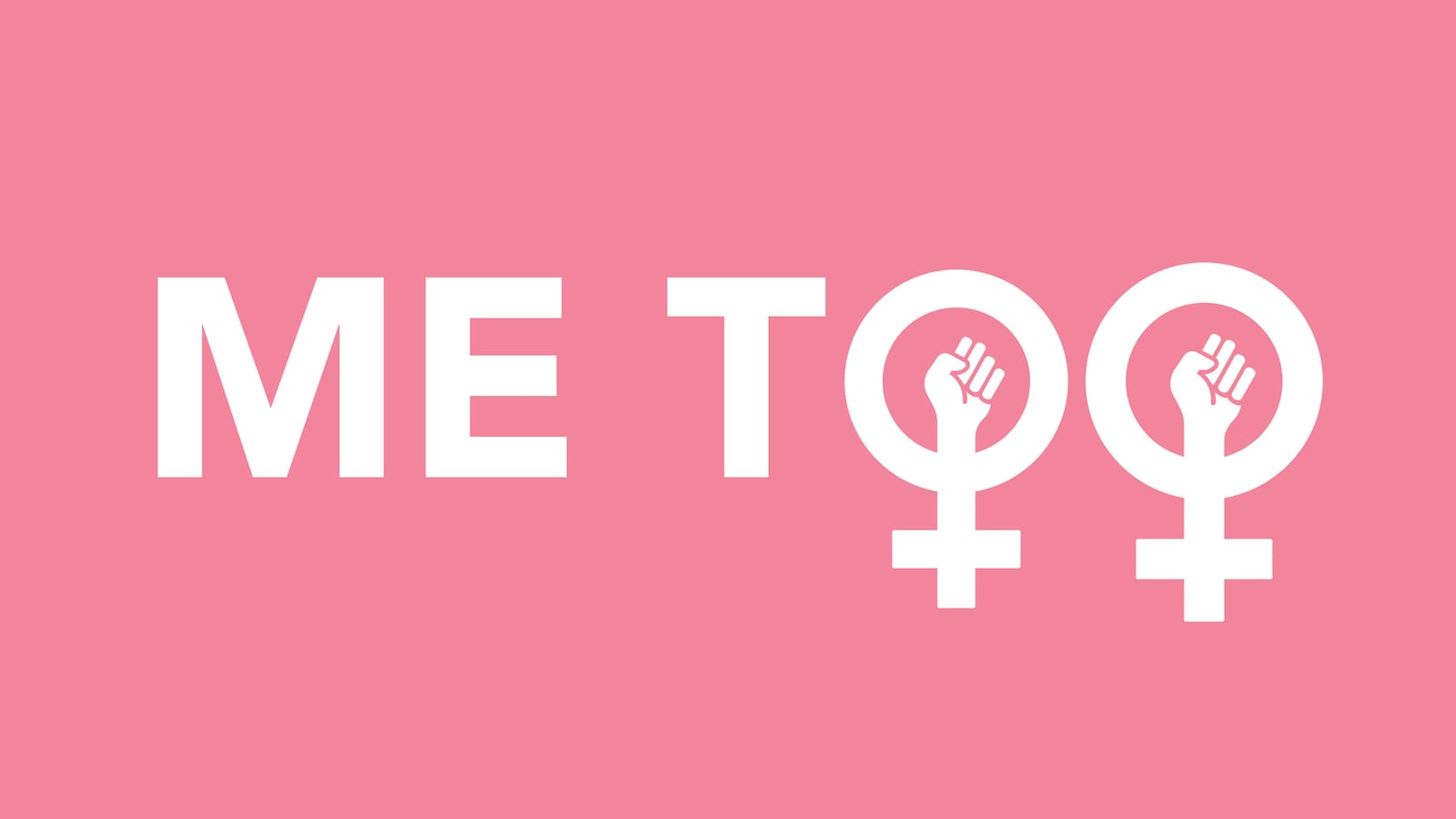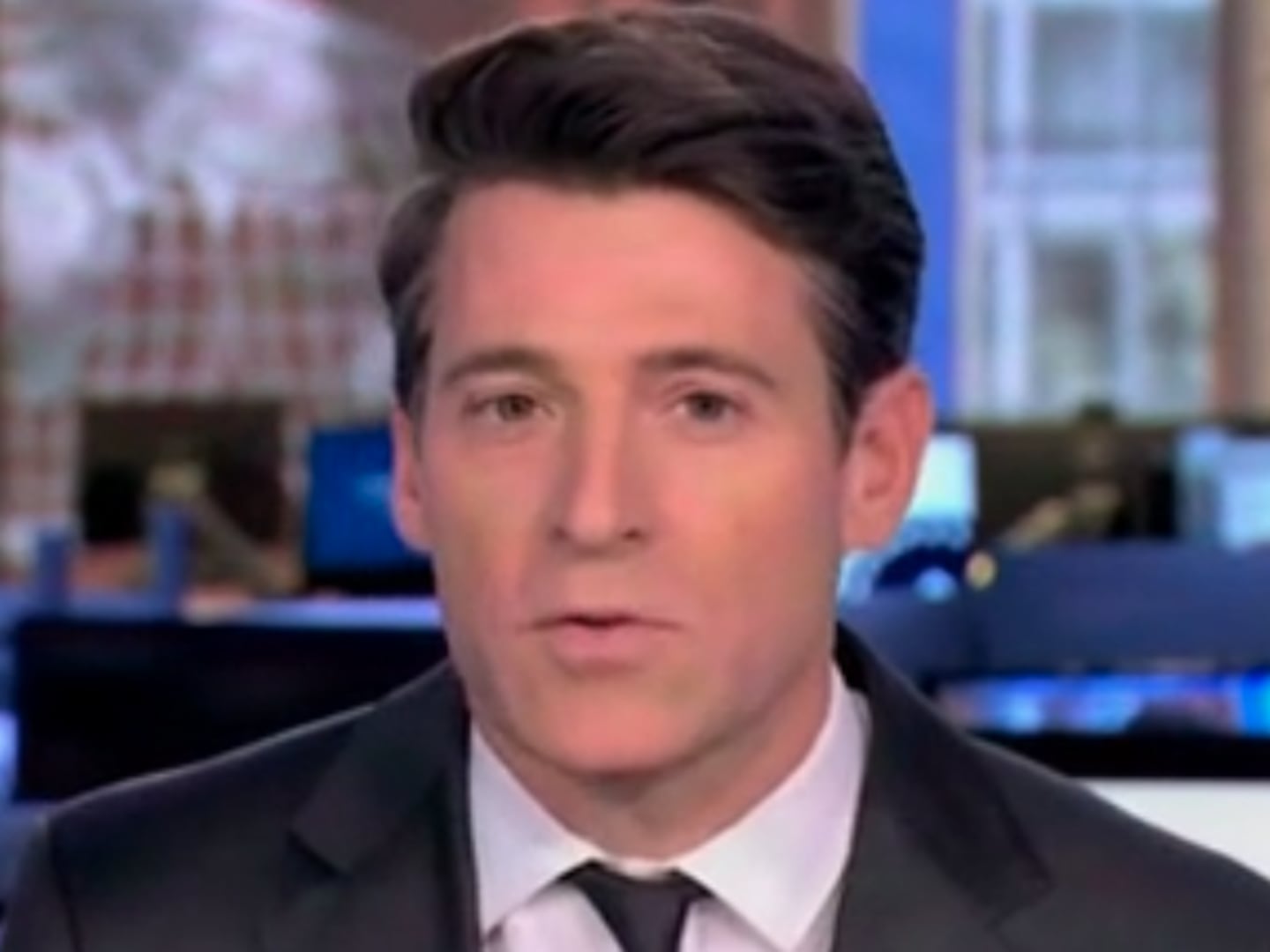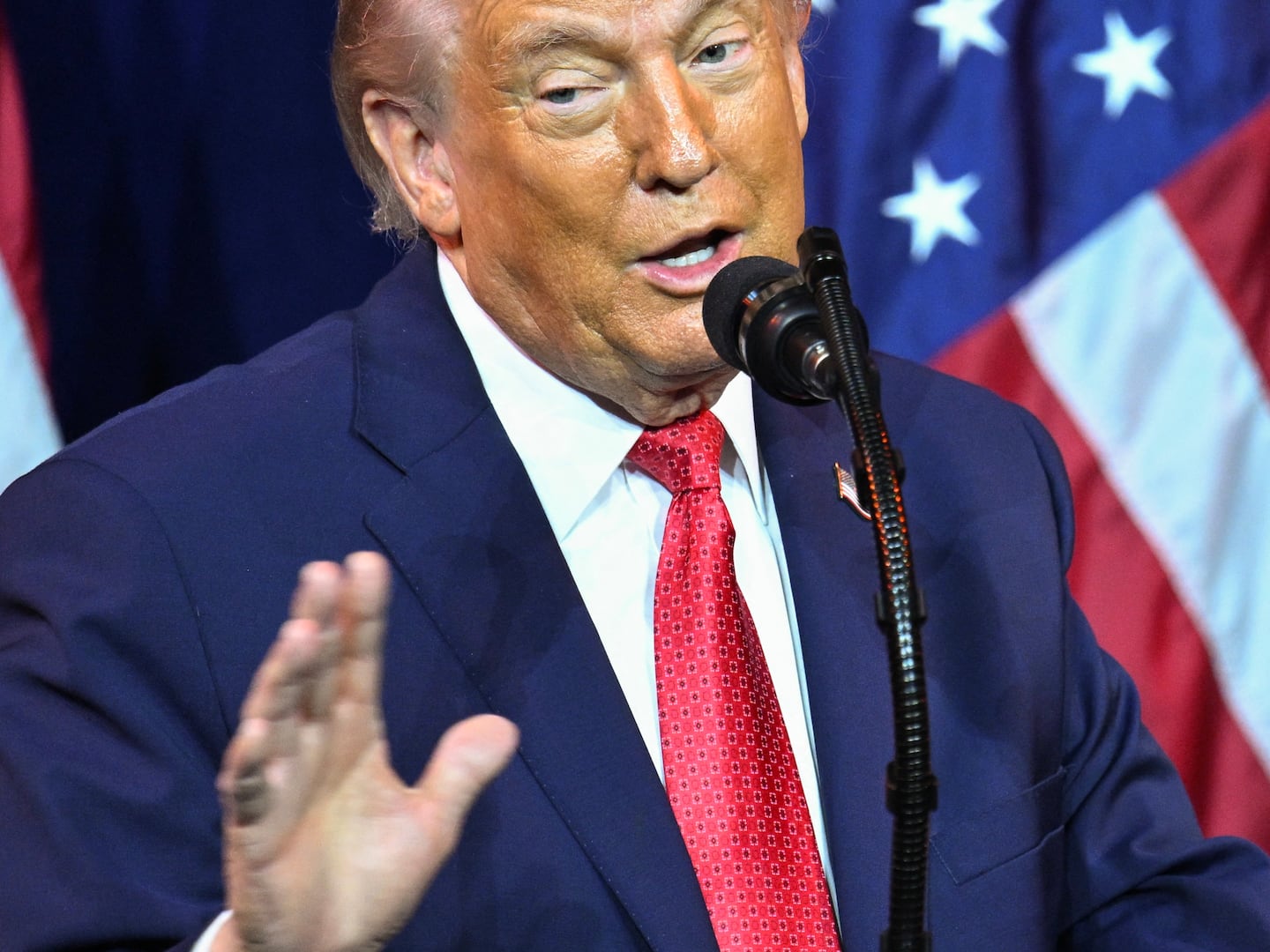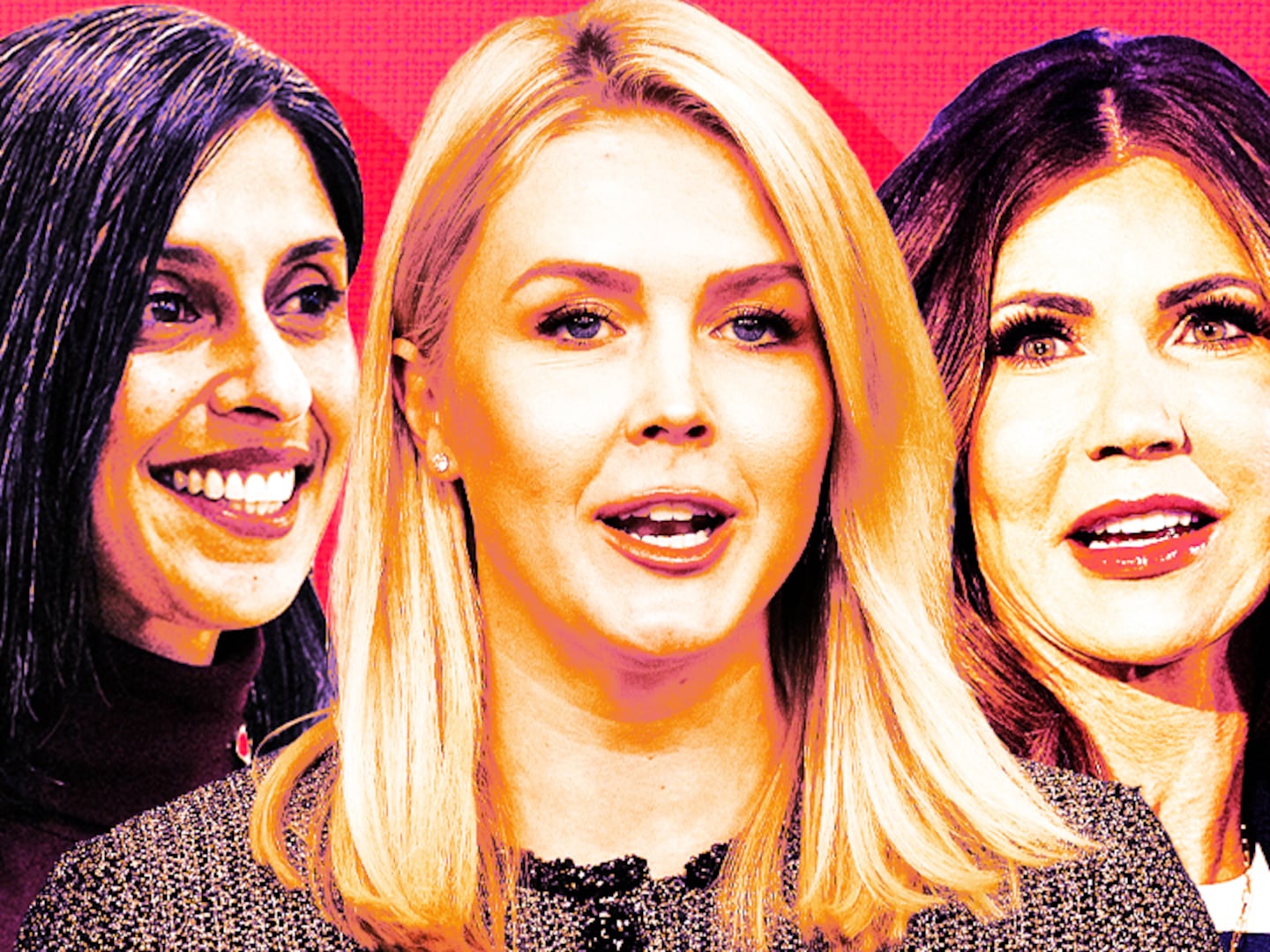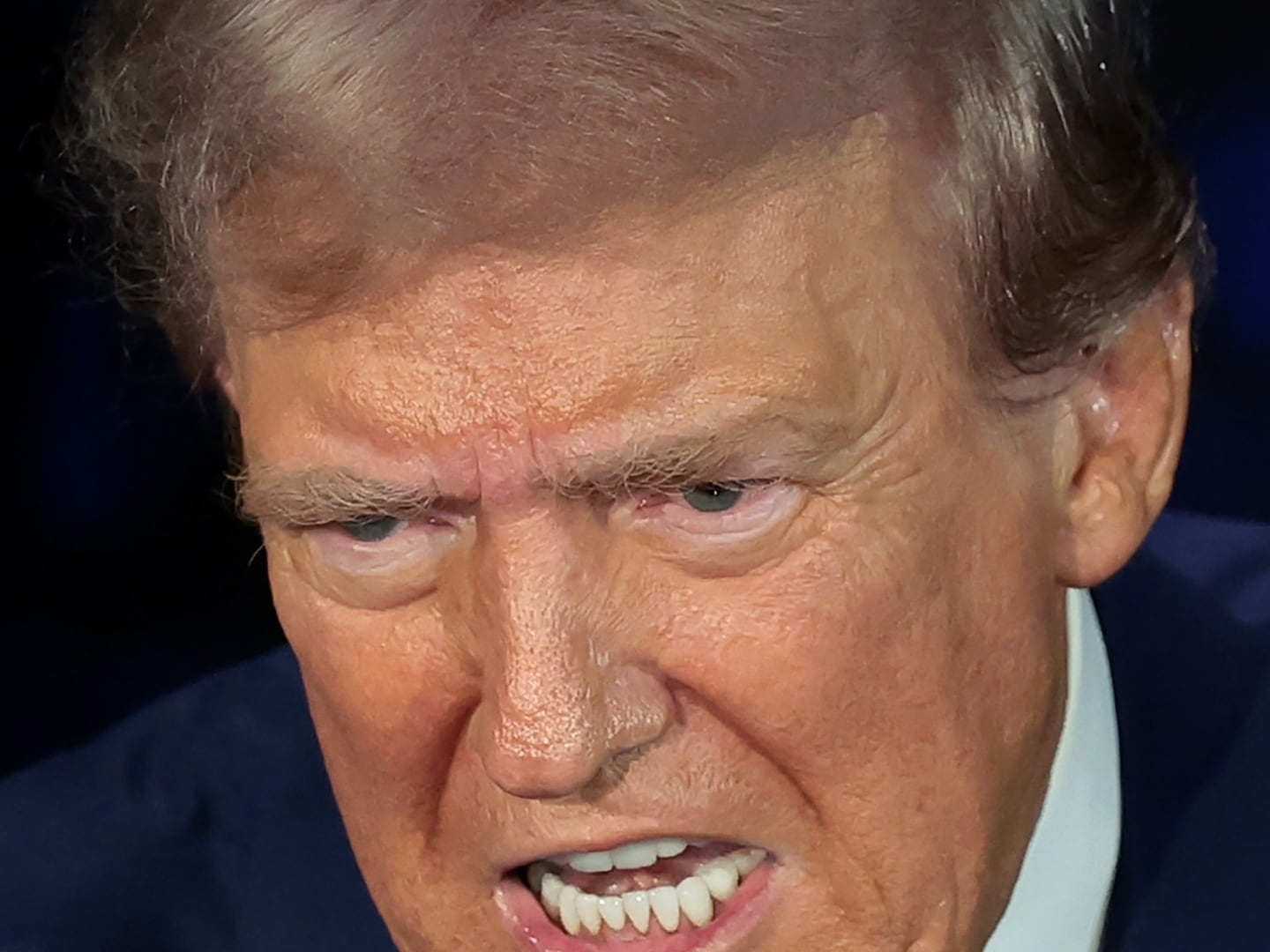Forgetting a hashtag is even easier than retweeting a hashtag, and retweeting a hashtag is the least a person can do for a cause while still technically not doing nothing. So forgive my reluctant cynicism in initially worrying that the #MeToo movement, the social media push where women shared stories of sexual harassment, might be doomed to a similar fate of hundreds of forgotten social media pushes.
It’s not that the cause wasn’t worthy. Of course women deserve to live in a world where they feel encouraged to speak up against being mistreated on the basis of sex, and of course they deserve to be heard and believed. But the attention of the public zips from one cause célèbre to another so quickly—seeking snackable one-off victory in a world seemingly bereft of it—that it’s a bit of a pleasant surprise when more of a long-haul struggle sticks.
And right now, it feels like the #MeToo moment is sticking, like women are ready for the slog between where we are now and where we need to be. There’s no way to characterize what’s happening without invoking cliches like “sea change” and “watershed moment” and “the tide has turned.” This is more than a hashtag; it’s a cultural shift.
When the Harvey Weinstein news broke, the cynic in me worried that the industry would pummel Weinstein and then pat itself on the back for purging a problem that was still endemic. Remember the year the Oscars awarded Best Actor and Best Actress to Denzel Washington and Halle Berry and then pretended it had solved racism and then went back to doing the same thing it had done before? That.
But whatever bravery compelled the first women—Ashley Judd, Rose McGowan, and others—to go on the record accusing Weinstein has only strengthened and spread. The other week, women spoke out against director James Toback, and it didn’t take long for a handful of accusations against him to turn into dozens, and then hundreds. Executive Roy Price was out of Amazon Studios before most non-entertainment folk had a chance to memorize his name. On Wednesday, the Los Angeles Times ran a story alleging director Brett Ratner had his own history of abusing women in the entertainment industry, including actress Olivia Munn. Andy Dick was ousted from a movie for alleged harassment. Dustin Hoffman has apologized after a female writer accused the actor of harassing her years back.
It doesn’t matter how long ago these things happened. This moment is no longer a hashtag; it’s the lancing of an infected wound. What’s happening isn’t slowing down; if anything, it’s accelerating.
It’s spread beyond just Hollywood. Men accused of sexual impropriety in a wide array of public-facing industries have found themselves suddenly too toxic to employ. NPR’s senior vice president of news Michael Oreskes is out of a job as of Wednesday, thanks to sexual harassment allegations both old and new. The New Republic’s publisher and one of its longtime editors have both been ousted. Longtime political commentator Mark Halperin has found all of the institutions that once associated with him—his publisher, MSNBC, Showtime, NBC, et. al.—have distanced themselves publicly. Alice Glass, vocalist in the indie noise-dance darling Crystal Castles, has alleged that her male former bandmate sexually abused her. Marilyn Manson kicked his longtime bassist known as his stage name Twiggy Ramirez out of the band after Ramirez was accused of rape.
It’s spread to state houses. In California, in Illinois, in Kentucky, female state legislators have called for an end to what sounds like a below-the-radar frat house culture that prevailed in their workplaces. On Wednesday, allegations against him prompted Democratic Illinois state Sen. Ira Silverstein to step down from his post.
Every day there’s something, and it’s not just words, or shares, or likes. The #MeToo moment has, in about a month, upended the landscape of a handful of visible and high-powered workplaces.
It almost seems quaint how astounded we all were when Roger Ailes and Bill O’Reilly were booted from Fox News half a year ago.
Crowdsourced outrage can be toxic when employed in the service of frivolity. But the #MeToo moment is anything but frivolous. Its effectiveness proves that against a more formidable foe—institutionalized sexism and exploitation—it’s necessary for the disenfranchised to pool their strength if they want to get anything done.
The ultimate legacy of #MeToo depends on what happens next. Will it extend beyond public-facing industries populated largely by the privileged? Or will it expand to the hidden corners of American life, where women need it the most? If you’d asked me a month ago, I’d be hesitant to feel optimistic it could go beyond Hollywood. Thank goodness I was wrong.

